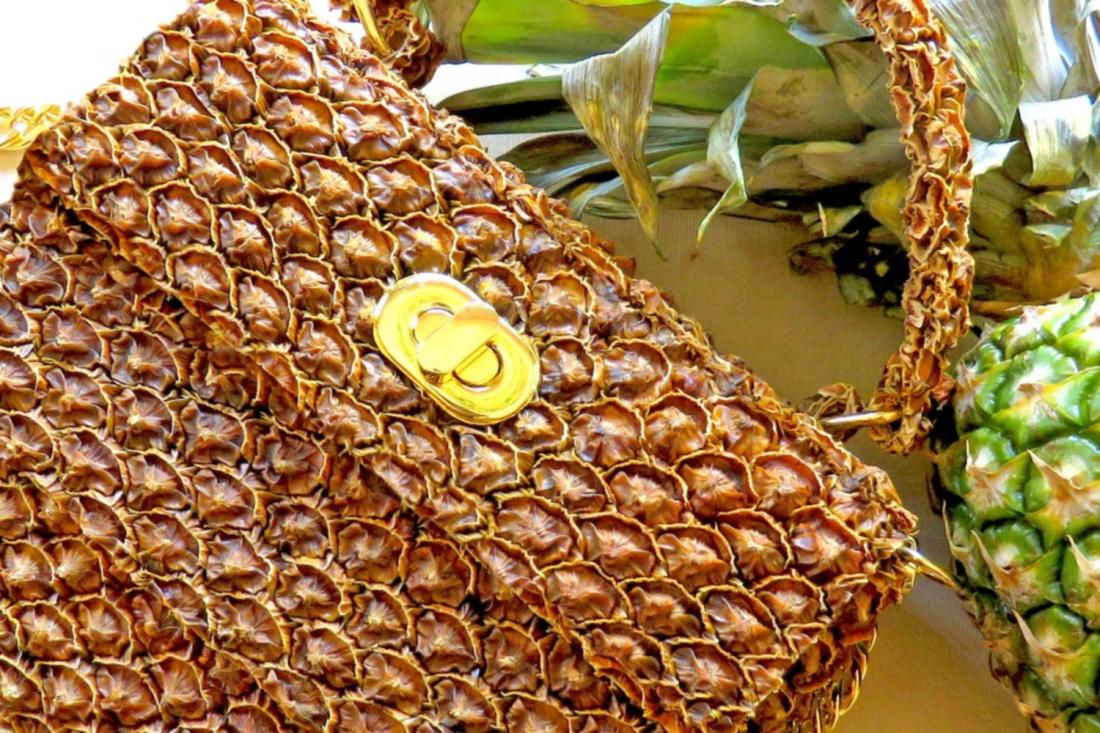STAND Up!: 10 textile and fashion start-ups selected to join access to finance in Italy

The Italian partner of STAND Up!, the Prato Textile Museum, in the framework of the Access To Finance call closed on the 29th of March, has selected 10 start-ups in the textile and fashion sector to be offered the chance to develop their financial literacy skills, acquire knowledge on how to raise funds and have the chance to meet local and regional investors to secure funding opportunities.
The selected entrepreneurs will participate in a 10-day training coordinated by high-profile professionals, which will focus on building the financial projections of their start-ups, understanding readiness, trends and opportunities in the investment landscape. The calendar of training sessions in Italy will be complemented by the participation of guest speakers and best practices in the field who will share their experience with the involved start-ups.
The "Access To Finance" programme will be followed by two pitching events, organised to first provide technical feedback on what has been learned and how to manage investments to entrepreneurs, and then receive local and regional exposure with potential investors.
Among the selected participants, about 70% are women entrepreneurs and young people under 35 years old and as indicated in the call for proposals, about 60% have participated in the capacity building phase and the incubation phase.
Meet the 10 start-ups selected that will access to finance
CircularDreamers by MOEBEUS: It’s an e-commerce platform that allows people to make purchases that generate a positive impact. The service uses the technological tool ‘Be-Circular’ to analyse the impact that circular economy business processes and their products have on Environmental Social Governance (ESG) and Sustainable Development Goals (SDG).
Zerow: It’s a community-based platform that offers three solutions to the problem of waste. Firstly, it offers a circular network where artisans and producers meet to exchange materials, skills and solutions in turning waste into products. Secondly, it offers a marketplace where products made are sold and where online sales management is facilitated for artisans, designers and small entrepreneurs. Lastly, it offers a search engine, which allows producers and craftsmen to resell production surplus and leftover stock.
Neloo: It’s a line of ethical and eco-sustainable jewelry and accessories that are the result of great attention to handcrafted materials. The line is composed mainly of Capim Dourado, a blade of grass originated in Brazil, known as 'vegetable gold' that has the natural color of the precious metal. It does not apply any chemical treatment and makes it possible to create jewelry that is biodegradable, hypoallergenic and safe for the environment.
Verabuccia: It’s a young start-up that has devised a new type of material, patenting and producing "Ananasse" through the use of waste from the real pineapple peel. Ananasse is an organic pineapple peel which, through an industrial production process, acquires the characteristics of application such as those of a traditional fabric or leather while maintaining the initial aesthetic appearance of a vegetable peel.
Amphora (Re-disegnare la moda): It’s a model of clothes purchasing that provides an innovative, sustainable and fully digitalized tailoring service through which consumers can have new items without having to use new fabric and cloth. The service goes beyond the concept of upcycling and proposes the transformation of the customer's existing wardrobes into new clothes totally rethought and updated by the team of seamstresses and designers, based on the customer's proportions and needs.
Wethic: It’s an ethical sustainable fashion brand. The women's total look line is made by recovering materials destined to landfills, from fabrics to accessories. Each phase of the design and the production is carried out with a view to optimizing materials and minimizing waste. The garments will be produced at social tailor shops, promoting the work integration of vulnerable people. The customer will be active and involved in the choice of models for the subsequent collections and will be able to personalize their clothes.
EP |The Future of Fashion: It’s a start-up that aims to recreate in Italy a textile chain based on the processing of the hemp plant to produce natural and pure yarn at a fair price, economically competitive on the market.
FUM|First Unknown Myself: It’s a fashion brand based on an original new technique developed and patented by the founder that allows the simultaneous development of two normally separate phases, namely the pattern construction of the garment/accessory and the placement of prints on the fabric, combining the study of volumes and shapes with the placement of prints to create unique garments with an artisanal flavor.
Banyan Clothing: It’s a collection of children's clothing and accessories made from recycled fabrics or from fabrics made in a sustainable way in an artisan supply chain, both local and from other parts of the world, always of natural origin and environmentally friendly.
Armonia by Altoricamo: a unique system of sustainable design and product management, identifying and solving concrete problems in the wedding dress market: The Armonia line aims to revolutionise the concept of the wedding dress, making its production and use sustainable, thanks to modularity and the philosophy of re-use.







